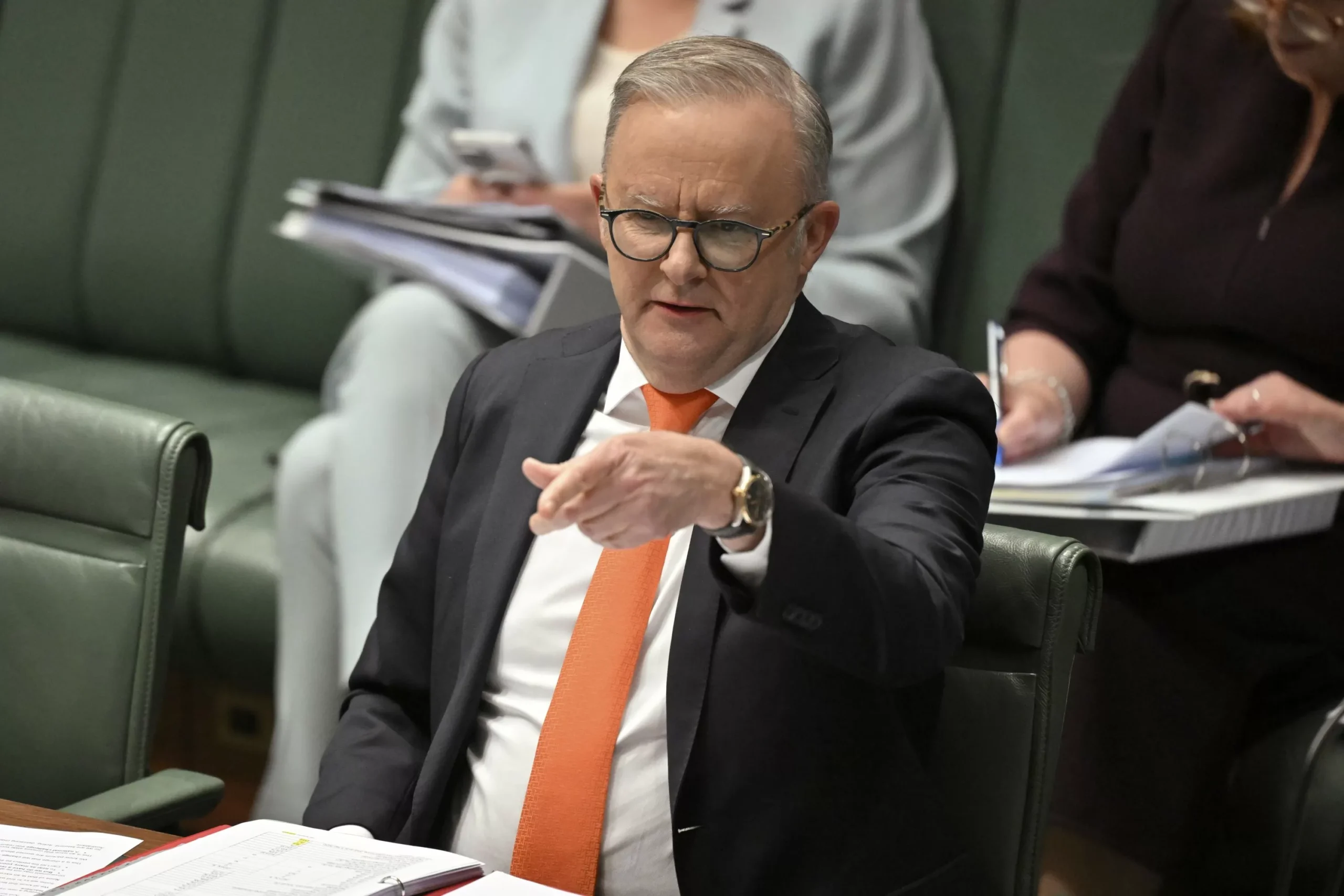Australia has announced plans to introduce legislation that would set a minimum age limit for children’s access to social media platforms. This move has been welcomed by many, as concerns over the impact of social media on young minds continue to grow.
The Australian government has taken a bold step in addressing the issue of children’s access to social media. With an increasing number of children having access to smartphones and tablets, the need to protect them from potential harm has become more urgent than ever before. The proposed legislation aims to set a minimum age limit for children accessing social media platforms, but the exact age limit has not been specified yet.
This decision has been driven by concerns over the negative effects of social media on children’s mental health and overall well-being. Studies have shown that prolonged use of social media can lead to increased levels of anxiety, depression, and poor self-esteem among children. The constant pressure to present a perfect image and the fear of missing out on social events can also have a detrimental impact on their mental health.
Furthermore, the rise of cyberbullying and online predators has added to the urgency of this issue. Children are particularly vulnerable to these risks as they may not understand the consequences of sharing personal information online and may not have the maturity to handle online interactions.
The Australian government’s decision to impose a minimum age limit for social media access is a crucial step in protecting children from these potential dangers. The legislation will also give parents and guardians the necessary tools to monitor their children’s online activities and ensure their safety.
However, the government has not specified the exact age limit for social media access, leaving many questions unanswered. While some critics argue that this may be a half-hearted attempt to tackle the issue, it is important to note that setting an age limit is not a straightforward task. The age at which children can safely and responsibly use social media platforms may vary depending on the platform and the child’s maturity level.
But this should not undermine the government’s efforts to address this issue. In fact, this decision shows the government’s commitment to protecting children’s rights and promoting their well-being. It also shows that the government is taking a responsible and considered approach to addressing this complex problem.
The proposed legislation will also require social media companies to implement stricter age verification measures. This will prevent underage children from creating accounts and accessing these platforms in the first place. Moreover, social media companies will be required to have features that allow parents and guardians to monitor and control their children’s online activities.
In addition, the legislation will also prohibit the use of targeted advertising for children under the age limit. This will prevent companies from using children’s personal information to target them with advertisements, which can have a negative impact on their self-esteem and promote unhealthy consumer habits.
By introducing this legislation, Australia is taking a proactive approach to protecting children’s rights and promoting their well-being. It is also setting a positive example for other countries to follow. The Australian government’s focus on protecting children from the potential dangers of social media is a step in the right direction.
However, it is important to note that this legislation alone will not solve the issue. It is equally important for parents, guardians, and educators to educate children about responsible social media use and the potential risks associated with it. Children must be taught to use social media in a safe and responsible manner, and this can only be achieved through open communication and education.
In conclusion, Australia’s government has taken a commendable step in introducing legislation to impose a minimum age limit for children’s access to social media platforms. This decision shows the government’s commitment to protecting children’s well-being and promoting their rights. While the exact age limit is yet to be specified, this is a positive step towards addressing the issue of children’s access to social media. With the right education and measures in place, we can create a safer online environment for our children and ensure their healthy development.






![Complete BritRail Pass Guide [Types, How to Use It, Pros + Cons]](https://inside-news.uk/wp-content/uploads/2025/06/00221EB4-BCA2-4DBB-6CD4-83DBC37D71FA-120x86.webp)















